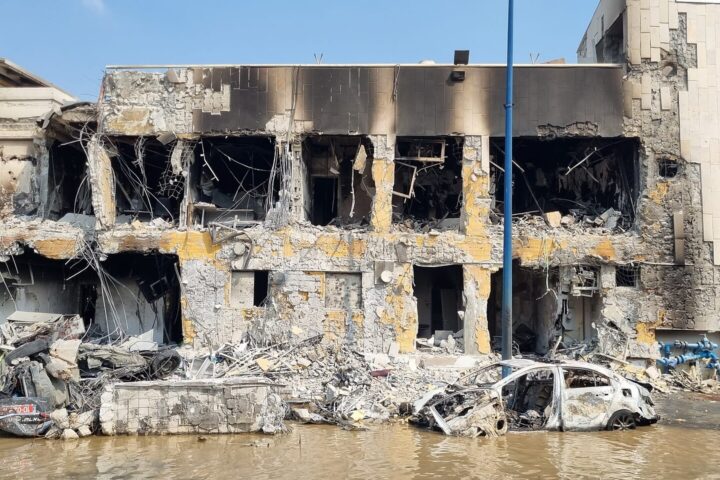.
News reports suggest that French industrial, transport and media giant Bouygues Batiment is keen to sell its 22% stake in Hermes Airports, operator of Larnaca and Paphos airports that it built, and is in “advanced negotiations” with Chinese investors.
Although Bouyges reportedly seeks an early exit from the construction projects in which it is a venture partner, it will surely not depart with empty pockets as traffic growth at the island’s two airports has enjoyed a steady progression in the past three years, with indications of even stronger results in 2019.
It makes one wonder why only Chinese buyers would be interested, considering that all the big names from China have never seen any major outcome from potential deals in Cyprus.
Chinese investors were keen to transform the old Larnaca airport terminal into a regional trade centre that never happened, Chinese money was supposed to be pumped into the biggest leisure development in Paphos and Chinese funds got their wings clipped with their unfortunate investment in Cobalt.
When all our real estate companies rushed to open sales offices in Shanghai and Beijing, the sales to Chinese buyers, either in exchange for passports or residency permits, hardly put a dent in our property market.
Apart from billboards in mandarin, one does not see that many Chinese “long-term residents” roaming the streets of Limassol or the Paphos beaches.
Chinese investors have a totally different culture from the other property buyers from Russia, Ukraine and the Middle East, as well as the “resident” investors from within the EU.
State-owned entities that embark on picking up infrastructure projects as part of their “One Belt, One Road” initiative are increasingly finding obstacles and opposition to their investments in Europe, with officials in Brussels now more than ever raising concerns over where this general sell-off to the Chinese will leave EU companies.
Gone are the days when businesses and government would welcome Chinese investors with open arms, with the enthusiasm subsiding as China’s true intentions are made clear.
In the case of the Bouyges stake in Hermes, who is to say that Chinese investors would not put their foot down, insisting that for all future supply and construction contracts at the airports, only Chinese contractors are used, automatically disqualifying European or other bidders?
And in such a case, would anyone dare raise the issue of security at the airports for fear of not upsetting the Chinese shareholders? After all, Cyprus often turns a blind eye to human rights violations in China, simply because it needs China’s vote of support in the UN Security Council.
The problem with all foreign investors looking at Cyprus is that once they bring their millions to the island, they are stuck here, mainly because we don’t have a proper exit mechanism, forcing venture partners to accept below-market bids to leave.
If we had a mature stock exchange, this would be the ideal place for one to offload shares, if only there were serious buyers on the other side of the equation.
If Bouygues wants to leave, the government and all the so-called investment agencies should put their heads together and find new investors. But in order to do that, the right infrastructure and culture need to be in place here.
Which is why we have failed to attract global-brand giants to set up shop in Cyprus.







